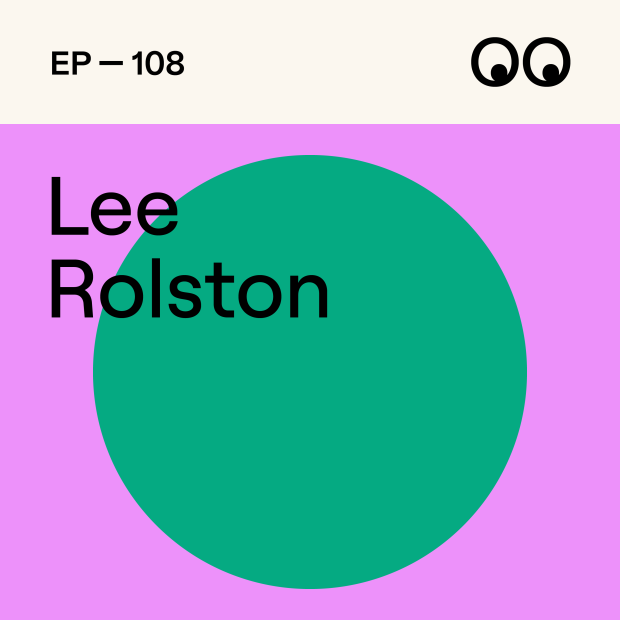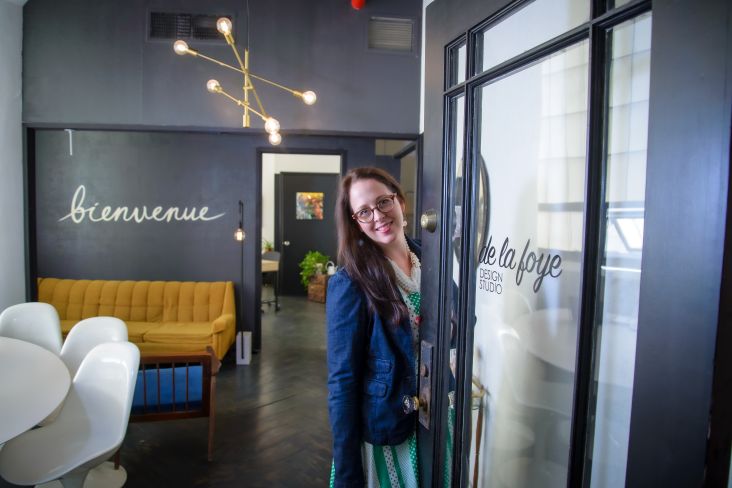Annabel Wright on how self-publishing could empower women in business
According to the Publishers Association, most senior roles in publishing are held by women. But there's still gender disparity amongst authors and even more across genres. In a world where business books are predominantly written by men, Annabel Wright of Whitefox Publishing explores how joining the dots with independent self-publishing could provide the perfect platform for female-identifying entrepreneurs who want to share their professional voice.

Annabel Wright
I've worked in media all my life and have always felt encouraged by seeing so many other women in senior roles and positions of power. In the creative industries, as in so many other sectors, we are unquestionably edging closer to the glass ceiling, determined to smash through it upon arrival. But we're not there yet – the gender gap within the creative sector is well documented.
The International Labour Organisation found that, in 2020, the arts, entertainment or recreation industries had an average of 31 per cent of women in executive management positions, dropping to 29 per cent for senior management roles. And in a world where increasingly all forms of creativity demand online connectivity – whether you're making music or designing a logo or writing a book – 250 million fewer women than men use the internet, according to a 2021 UNESCO report – a global digital divide works to our cumulative disadvantage.
Publishing, however, is different – at least on the surface. Women make up 64 per cent of the workforce, holding over half of the executive leadership and senior management positions. While many industries may structurally fail to support female creativity, publishing is the mirror image – so much so that some commentators are arguing that the scales need to be rebalanced.
In my view, there are other imbalances that need rectifying much more urgently, with many publishers setting up diversity initiatives aimed at attracting and retaining a greater racial and socioeconomic diversity of talent.
Fiction does seem to be experiencing a flurry of female-led authors, but that's not the case across all genres of writing. Looking at The Week's 'Ten best business books of 2021', only two are written by women, one of which is co-authored by a man. Any snapshot of Amazon bestsellers in the business category will show a similar demographic. As a female business leader myself, this is frustrating and symptomatic of a broader gender disparity in the business world. But with more inspirational female leaders turning to self-publishing, it may be possible to boost those figures in the business category – which is one of many reasons why I'd encourage every motivated woman to start taking notes and working on a first draft.
Wider barriers in business
When looking at representation in corporate offices, it's not difficult to see why fewer women author business books. In FTSE 100 companies, only 39 per cent of boardroom roles are held by women – although this is dramatically higher than the 12.5 per cent it stood at a decade ago. Globally and across all sectors, including the creative industries, women represented just 27 per cent of all manager positions in 2021, according to the World Economic Forum.
And of course, external factors tend to have an outsize impact on women's to successfully navigate the world of business – such as parenthood. A study from 2019 found that just 28 per cent of women were in full-time or self-employed work three years after childbirth, while the employment rate for men was 90 per cent. We know that statistically, women shoulder a greater share of childcare and domestic labour than men – until this imbalance is somehow addressed, I suspect these figures will continue to skew males at women's expense.
There is also much documentation around women's learned discomfort over self-promotion – we are taught early on not to be "pushy" – that also causes many to overlook their own accomplishments. A novelist might be free to explore his or her own insecurities through fiction, but we turn to business books for advice from leaders who have the experience and the confidence to share their insights. A business book positions you, the author, as a leader and an expert – and that is exactly why more women should write them.
A self-published book is an extension of your personal branding in terms of look, tone and audience focus. Your passion for your own project will drive any marketing activity – it's up to you to curate how you unleash it to the public.
A springboard for success
A book can and should act as both a platform for what you hope to do and a testament to what you have already accomplished. In the best cases, becoming an author – with the expertise that it implies – can propel your career to new heights – we've seen this ourselves at Whitefox. Watching two ex-Nike employees realise their own entrepreneurial ambitions through a book they self-published with us was fantastic. And self-publishing offers anyone with a message the chance to share it on their own terms. Any reputable self-publishing partner is there to offer advice on everything from the manuscript to the publication strategy – but they'll never interfere with the creative process, vision or idea.
Former Nike vice president Lisa MacCallum and former Nike Foundation creative brand director Emily Brew wanted to inspire a new model of corporate business, leading to their management consultancy, Inspired Companies. They wrote Inspired INC to share their idea with the world, leading to numerous business opportunities as a result. And best of all, they retained complete creative and commercial ownership of their work.
In the traditional publishing world, Lisa and Emily's initial idea might have been "tweaked" to fit with industry targets and trends – that's if they managed to get their foot in the door in the first place. For them, and others like them with compelling stories to tell and profound insights to share, taking your publishing career into your own hands not only benefits your readers but can lead to a snowball effect of success.
Bigger than a business card
A book can act as a business card, offering an in-depth insight into your vision and values. The best, most innovative ideas aren't often mainstream – and with self-publishing, there'll be no barriers to getting the idea over the line.
Publishing a book yourself also means that you can control the timelines, which in traditional publishing are notoriously slow. So if you want a book in time for a big event or need to spend a few more months focusing on your personal and professional life, the process works around you rather than around the publisher's other commitments.
A self-published book is an extension of your personal branding in terms of look, tone and audience focus. Your passion for your own project will drive any marketing activity – it's up to you to curate how you unleash it to the public.
At Whitefox, we truly believe that self-publishing empowers authors of any background, race and gender to share ideas with the world. But, as the business category continues to undersell female authors, I hope female leaders across all industries will realise the appetite and value of their stories and experience and unleash these to inspire a new generation of successful businesswomen.





















